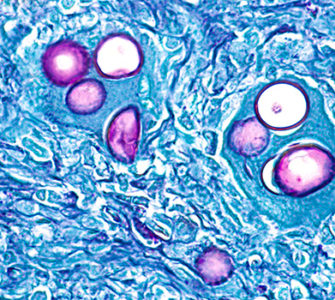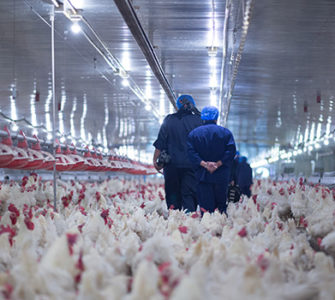Ionophores look different to other scientists, too
Several organizations have drawn the line distinguishing ionophores from other types of antibiotics.
The Natural Resources Defense Council, a non-profit, environmental advocacy group, acknowledged the difference in an issue brief, “Pharming Chickens: It’s time for the poultry industry to demonstrate antibiotic stewardship.”
The article asserted that the widespread use of antibiotics in poultry production was breeding drug-resistant bacteria that threaten human health, but in an endnote, added: “There has been little indication to date that the use of ionophores [to treat coccidiosis in animals] promotes resistance to antibiotics important to human medicine.”
A section on antimicrobial feed additives in The Merck Veterinary Manual — the veterinary edition of the prestigious Merck Manual long used as a reference by medical doctors — states that “ionophores…do not have any link or possible effect on antimicrobial resistance to therapeutic antibiotics in either people or food animals; to group all antimicrobials together for debate about the risk to therapeutic antibiotics is ill advised and overly simplistic.”
Ionophores are not listed by FDA nor WHO as medically important to human medicine.1,2
For more articles from this special report on ionophores, click on the titles below:
Omitting ionophores raises ethical conflicts for veterinarians
Are there practical alternatives to ionophores?
Are ionophores antibiotics? That depends on whom you ask
Ionophores: The price of elimination
Canada studies find no links between ionophores, resistance of other antibiotics
1 2013 Summary Report on antimicrobials Sold or Distributed for use in Food-Producing animals, Center for Veterinary Medicine, FDa, 2015 april.
2 Critically important antimicrobials for Human Medicine. 3rd Revision 2011, World Health organization.
Posted on September 28, 2015

















